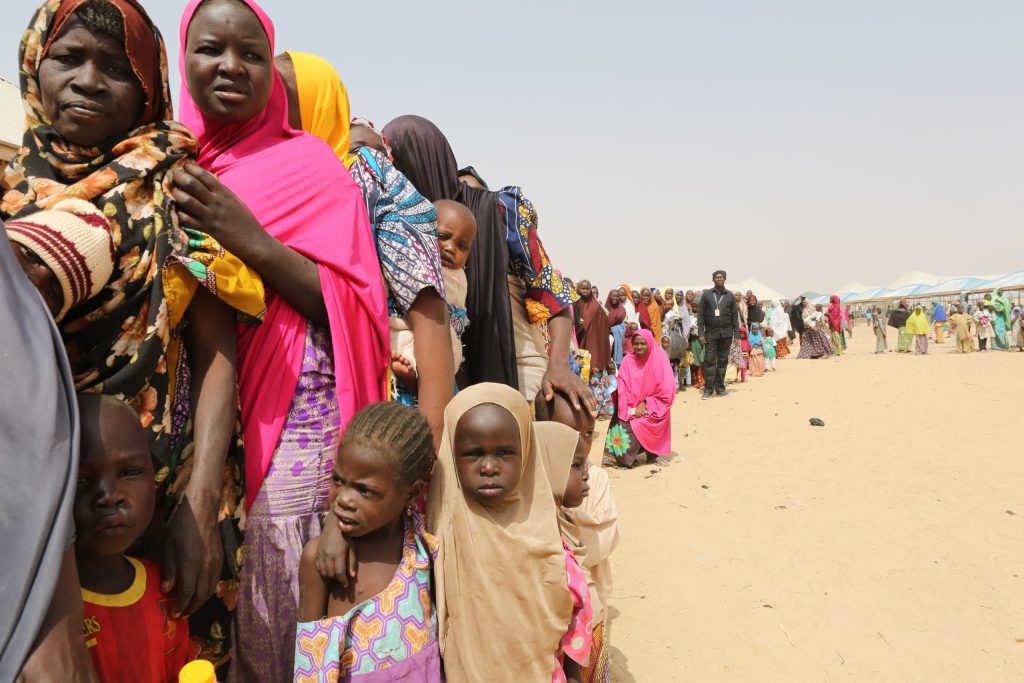Is Nigeria at War? Violence and Governance Crisis Ignite Debate
Nigeria teeters on the edge of chaos, prompting a critical question: is the nation at war? Boko Haram’s relentless attacks and deadly herdsmen-farmer clashes plague multiple states. Moreover, the president’s recent state of emergency in a relatively peaceful state, ousting elected officials and installing sole administrators, stirs controversy. Reports claim over 100 people died in just three days. Although no formal war declaration exists, the bloodshed and political upheaval mirror wartime conditions. This article explores the violence, the government’s response, and the toll on Nigerians, drawing on verified facts to illuminate the crisis.
Boko Haram’s Reign of Terror
Boko Haram, an Islamist insurgency founded in 2002, continues its brutal campaign. The group has killed thousands and displaced millions, mostly in Borno, Yobe, and Adamawa states. For instance, in early 2025, Boko Haram executed dozens of farmers in Borno, showcasing their disregard for human life. Additionally, the group recently abducted several girls in Borno, echoing earlier kidnappings. These attacks, often involving suicide bombings and raids, target civilians and security forces alike, destabilizing the northeast.
Herdsmen-Farmer Clashes Escalate
Meanwhile, conflicts between Fulani herdsmen and farmers intensify, particularly in the Middle Belt. These clashes, driven by competition over land worsened by climate change, have killed thousands and displaced many. For example, in one incident, herdsmen killed dozens in Plateau state. These attacks, often ethnically charged, deepen religious and regional divides, leaving communities in fear.
A Controversial State of Emergency
In a surprising move, the president declared a state of emergency in a relatively peaceful state, bypassing violence-plagued regions like Borno or Zamfara. Consequently, the governor and all elected officials, down to local councils, lost their positions. Sole administrators now govern. In contrast, Borno’s governor remains despite Boko Haram’s control over rural areas. Similarly, Zamfara and Sokoto face rampant banditry, yet their leadership stays intact. This selective action raises questions. Is it a proactive security measure, or a political maneuver? Nigerians seek answers amid growing unease.
Security Forces Stretched Thin
The government’s response highlights a strained military. Nigeria forces operate in nearly all 36 states, battling insurgents, bandits, and militias. For instance, a regional task force reclaimed territory from Boko Haram in the past. However, rural areas remain vulnerable. The military’s strategy of consolidating bases curbs losses but allows insurgents freedom in open spaces. Recent troop withdrawals from a neighboring country further weaken efforts. Thus, the emergency declaration may reflect desperation to bolster control.
Authoritarian Echoes or Security Necessity?
Replacing elected officials with appointees evokes Nigeria’s authoritarian past, notably military coups of the 1980s. Critics fear the government exploits the crisis to centralize power. Without transparent justification for targeting a peaceful state, public trust erodes. Conversely, supporters argue the move addresses an emerging threat. Yet, the military’s history of civilian abuses complicates perceptions. Balancing security and democracy remains a challenge as the government navigates this crisis.
The Human Toll
For Nigeria, the consequences are dire. Violence displaces families and shatters livelihoods. Many are internally displaced in the northeast, with others fleeing to neighboring countries. The state of emergency undermines democratic representation, leaving citizens voiceless. Furthermore, unaddressed issues like corruption, ethnic tensions, and desertification fuel the chaos. Without a comprehensive strategy, the suffering persists. Nigerians face daily fear, uncertain of what tomorrow holds.
A War Without a Name?
Officially, Nigeria is not at war, no declaration formalizes the conflicts. The violence, however, resembles wartime devastation. Boko Haram’s raids, herdsmen’s attacks, and the government’s drastic measures create a volatile reality. The crisis, complex and multifaceted, defies simple solutions. Nevertheless, the plight of Nigerians demands urgent action. Leaders must prioritize peace, accountability, and reforms to halt the spiral of violence and restore hope to a battered nation.


